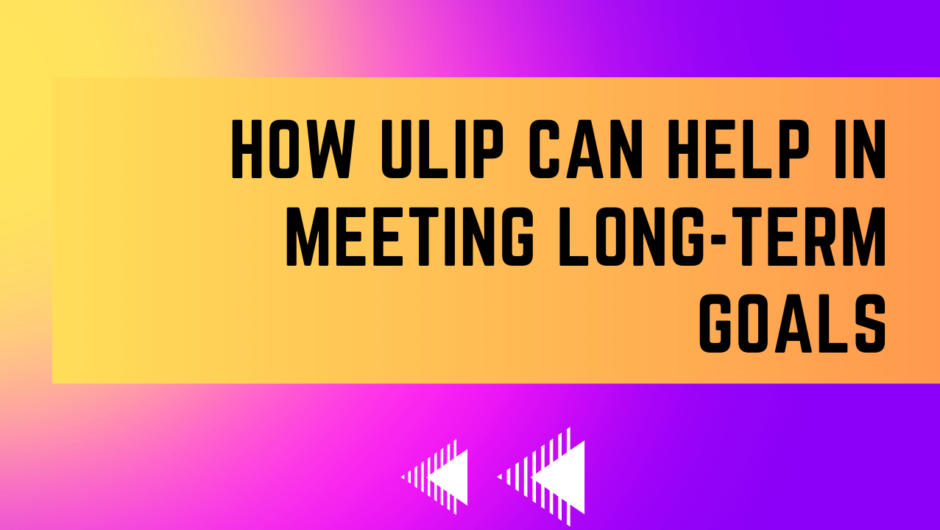Analyzing the customer, earning credibility, forming a professional approach, and proper negotiation increases debt collection success.
In this modern competitive economic world, debt collection is a hassle to handle. However, collectors’ success rate to efficiently turn invoices into cash depends on the collector’s skills.
The idea of effective debt collection comes from the idea of keeping a checklist. The necessity of having a list became popular back in the ‘30s when a veteran pilot died while test-flying.
A checklist not only lets you remember things but also boosts your confidence while making it happen. In terms of collecting debts, a checklist is crucial, but there are several other important things you need to consider
Hop on board as we discuss the seven essential tips for effective debt collection-
The Collection Equation
A collector’s job is not so easy as you have to deal with different types of customers. Although your primary task is to collect the full payment, you also have to see that you don’t lose the customer.
Hence, you need to be smart, intelligent & empathetic at the same time. You have to have strong negotiating skills to get the job done.
The collection equation is flexible & straightforward. It provides a general groundwork for the collectors to follow to see the upward trajectory in their success rate. This strategy is also taken by the best Debt Collection Agency.
Here are the seven steps of the collection equation-
1. Preparation
As a collector, you have to keep in mind that the primary purpose of hiring you is to get the job done. No matter whatever the situation is, you always need to be prepared and have a clear mindset.
Whether it’s an online or offline based meeting with the debtor, you have to show confidence & professionalism while approaching the debtor. It will set the initial tone right for negotiations.
Again, while dealing with the debtor, you need to come with full preparation. It’s a prerequisite to check the credit information of the debtor. After that, try to gather as much information as you can about the person, the business type, the contract & other necessary things.
Keep all the documents with you while meeting the debtor. You need to show that you are fully aware of the situation & you are the person who knows what he’s doing.
2. Earning Trust & Gaining Credibility
Whether it’s over the phone or an official visit, you need to keep the debtor engaged with you. That said, you must gain the person’s trust. Otherwise, he may get defensive or won’t cooperate with you.
Create such an engaging environment that you understand the person’s situation entirely & you have the best solutions for his debt problems. Unless you build credibility, it may become impossible for you to progress.
However, be sure not to get too familiar with their personal matters. Try to persuade when you think the time is right.
The crucial part is that you have to hear every word of the debtor carefully. Being debtors doesn’t mean he won’t be a potential customer or connect you with other customers in the future. So don’t lose your temper or patience while talking.
3. Setting Expectations Correctly
Undoubtedly your main task should be collecting all the debts as soon as possible. But be prepared for adverse situations too. There will be times when you won’t even collect a penny from the consumer.
Prepare yourself for such cases. The real success lies in finding a solution for both parties & entice your consumer to take that path.
No matter whatever the case is, you can’t raise your tone or talk aggressively. You need to safeguard the relationship between the debtor & your client.
4. Thorough Analysis Of The Customer
A brief background study regarding debtors is vital. You can never assume or depend on your intuition.
Collect hard data and soft data (if online) to track what the debtor is saying. He may bluff you or try to take your advantage. So, come prepared with all the credentials of the debtor.
Also, you need to master the skill of understanding the customer’s mindset. The more you master this skill, the easier it will become for you to land the debts. Prioritize the debtor’s preferences & try to work out a solution keeping that in mind. Sometimes you may also have to negotiate with their financial advisors so keep that in mind as well.
Consistently demonstrating a professional approach in your talks & manner may instigate the debtor to cooperate with you.
5. Fostering Urgency
This skill is about understanding when to push & when to play softly. At some point in the conversation with the debtor, you will understand where the person is standing.
Depending on the situation, you should instill urgency to solve the issue.
Suppose you see the debtor behaving abusively, pause & take a break. Then continue again. However, when the time is right, make sure the debtor’s desire to pay sees immediate action.
6. Initiating The Plan
This part is one of the hardest ones to perform. You have to have excellent negotiating skills to convert an invoice into cash. Keep in mind the time & place of dealing.
Try to persuade the debtor to follow your plan for a quick payment. But first, listen to what they have to say & plan upon hearing their problems. They may have legit reasons. Verify those statements & then form a plan that will facilitate both parties.
7. Effective Closing
The main reason for failing a negotiation is that collectors don’t know when to close a deal or push. If you push too far, chances are the debtor will become defensive & the payment will become uncertain. Again, you should realize how far you can push the debtor to pay debts.
Remember that recollecting a debt doesn’t mean you may lose the consumer once the debt is clear. Don’t lose potential customers unnecessarily.
Final Thoughts
Following these tips can increase the odds of collecting debts. Keep communicating with the debtors even though you don’t get the payments right away, and remember not to get personally attacked or personally attack amid a smooth negotiation.

Hey, this is Johny Sehgal. I am the owner and caretaker at Finance Jungle. I completed my education in BSC and now heading towards the digital marketing industry. I usually have interests in reading, playing games and watching movies. I also love to write content based on quality information. The main motive of mine is to provide the top and best quality information to my readers. Finance Jungle is the blog for the same.












